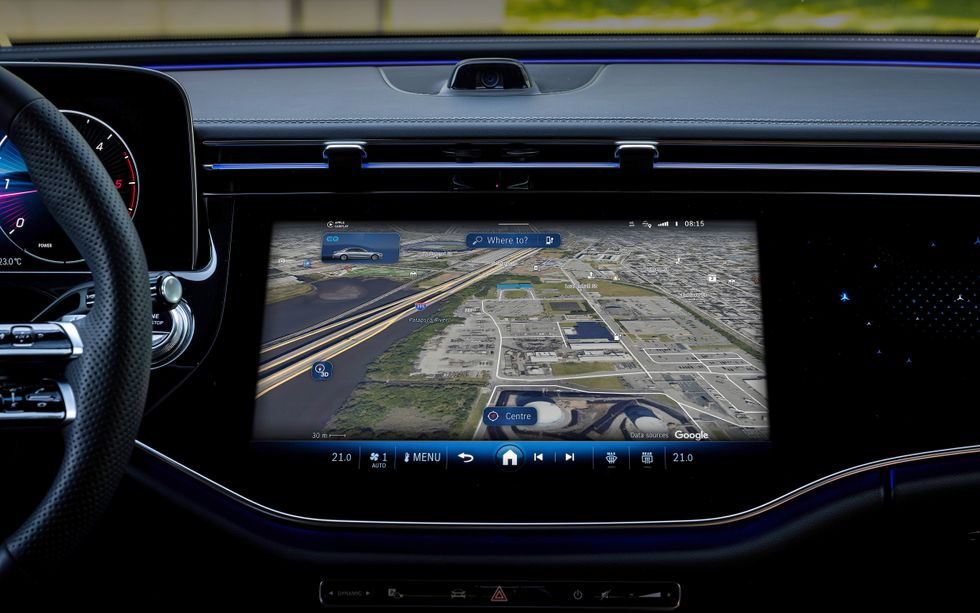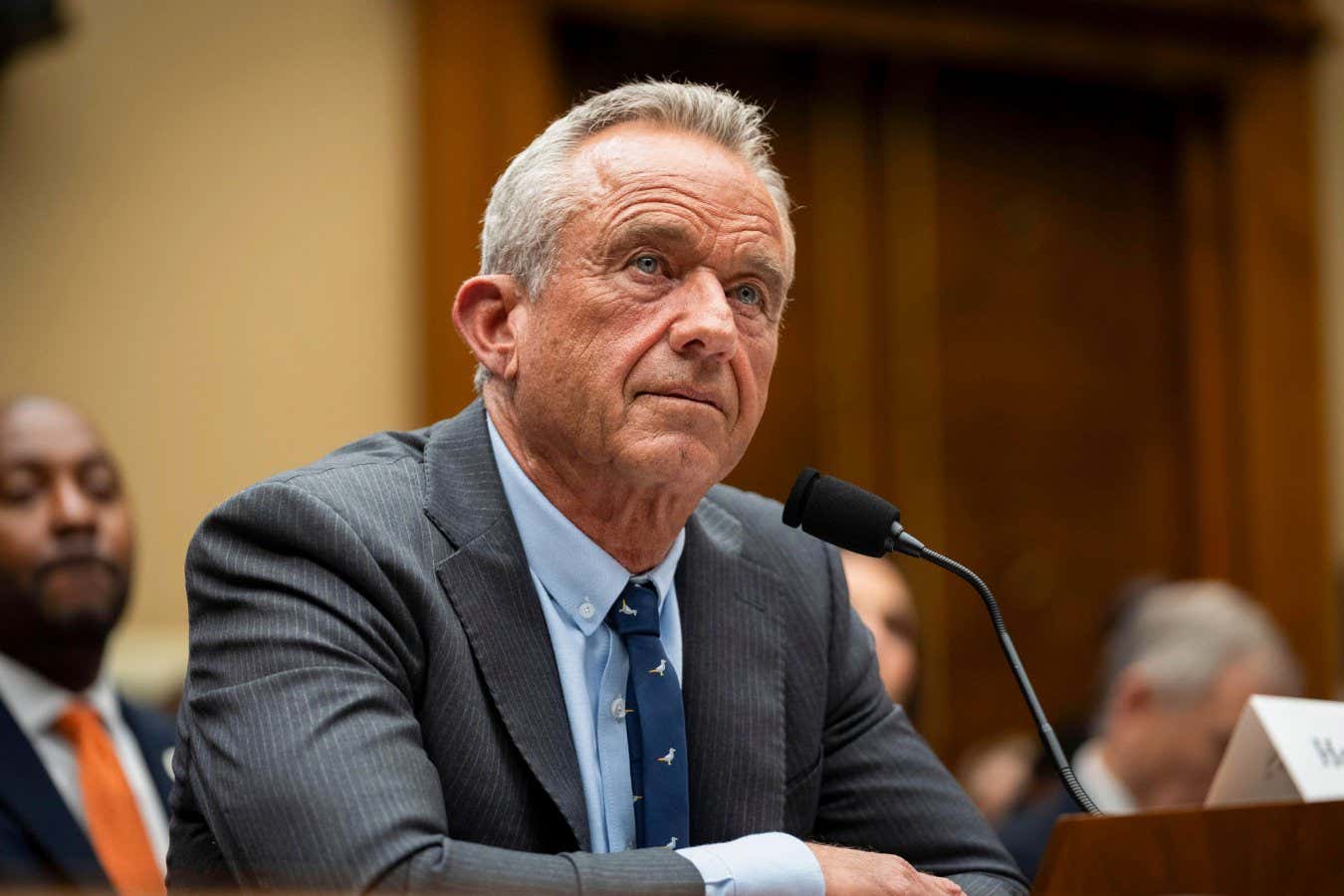Now Reading: Automakers Accelerate Efforts to Integrate Voice AI in Connected Cars
-
01
Automakers Accelerate Efforts to Integrate Voice AI in Connected Cars
Automakers Accelerate Efforts to Integrate Voice AI in Connected Cars

### Fast Summary
– Major automakers are racing to integrate voice-enabled generative AI into connected vehicles, aiming to enhance driver experience, convenience, and safety.
– Systems by mercedes-Benz (MBUX), BMW (operating System X), Hyundai (Pleos Connect), Ford Sync with Google Assistant, Toyota Safety Connect, and tesla Grok showcase different approaches.
– Mercedes’ MBUX integrates ChatGPT and Bing search engine for conversational navigation and personalization based on biometric data using it’s MB.OS platform.
– BMW’s Smart Personal Assistant rooted in Alexa Custom Assistant technology offers real-time vehicle-aware suggestions like adaptive suspension adjustments while driving.
– Hyundai’s Pleos Connect uses digital twins for proactive maintenance alerts and route optimization based on real-time data. The platform aligns with their Software-Defined Everything initiative.
– Ford’s Sync system aligns voice assistants with hands-free vehicle control advancement toward Level 3 autonomy by 2026.
– Tesla’s Grok emphasizes infotainment without direct integration into vehicle systems or autonomous functions yet.
– Toyota maintains focus on safety innovations through predictive maintenance alerts integrated in “Hey Toyota” AI assistant.
### Indian Opinion Analysis
This widespread adoption of voice-driven generative AI in automobiles represents an unprecedented leap in human-machine interaction across industries. For India, the implications could be important: integrating this technology locally may align well with its global positioning as an automotive manufacturing giant but also poses unique challenges.
India’s roads have vastly different environmental conditions compared to countries leading these advancements-complex traffic patterns and connectivity constraints could limit seamless deployment of such AI-powered systems here. However, opportunities lie in customizing the technology to cater specifically to Indian drivers’ habits through multilingual interfaces prioritizing safety features rather than novelty enhancements like seat preferences or mood lighting.
The race among industry leaders demonstrates the transformative role of artificial intelligence beyond mere infotainment into proactive driver assistance frameworks that aim to redefine mobility itself-a crucial step for any nation striving toward smart city initiatives where cloud-based mobility is indispensable.
India must carefully examine regulations surrounding data privacy since these interconnected systems depend heavily on personal profiling stored online-a sensitive issue nationally recognized within growth-stage debates over broader tech platforms imposing concerns about ethics indirectly via exported RD applications While promising cognitive ease recommended Usage moderation aspects equally valid vetting use-data


























